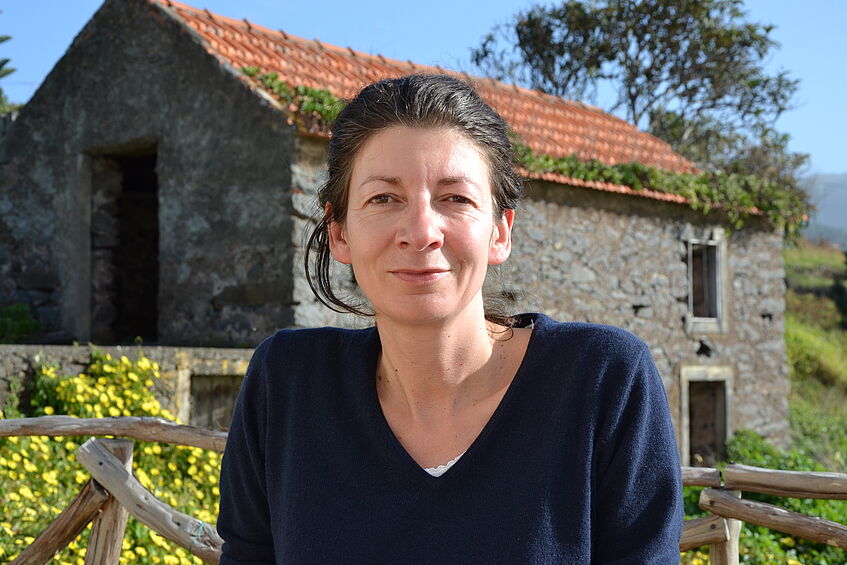
© private
Univ.-Prof. Mag. Dr. Claudia Kraft
Professor of Contemporary History at the University of Vienna
Claudia Kraft is a Professor of Contemporary History at the University of Vienna since March 2018. Before coming to Vienna she had worked at the University of Siegen as a Professor of Contemporary European History (2011-2018) and at the University of Erfurt as a Professor of Central and Eastern European History (2005-2011). She spent several years as a researcher in Poland and was a research fellow at the German Historical Institute in Warsaw (2001-2004). She specializes in 20th century comparative European and particularly Central and Eastern European History. Her main fields of research are history of everyday life in state socialist societies after World War II, gender history, history of forced migrations after World War II, memory cultures and politics of history in Central and Eastern Europe, comparative legal history and new approaches to area studies (for instance postcolonial studies, critical geography).
E-Mail: claudia.kraft@univie.ac.at
Abstract
The Gender of Transformation(s) and the Transformation of Gender Regimes: Struggles for Recognition in Times of Political Upheaval
1989 marked not only the end of state socialism in Eastern Europe but also a reconceptualization of gender relations in the societies of the region. Debates about gender relations took place in a complex triangle between the turning away from state socialist patterns of emancipation, the recreation of a new sphere of “the political” and the striving for European integration. And yet the reconceptualization of political institutions and spaces for political negotiations were not always conducive to promote gender equality. Gender issues did not seem to fit well into new political arena where the notion of the autonomous genderless individual dominated. From a gender-sensitive perspective, therefore, the transition to democracy in Eastern Europe can be described as characterized by the deprivation of political agency and the re‐creation of traditional gender roles. The synchronicity of gaining political rights while simultaneously losing for instance the right to self‐determination in the sphere of reproduction (as in the Polish case) can best be understood when one bears in mind that the political sphere is always constructed by gendered ascriptions, that struggles for recognition are constructed by gendered assumptions, and that progress in political rights and gender equality is not a linear process.
Programme: Panel 9, Thursday, 6 September 2018, 17:30-19:00
Programme: Chair Panel 2, Wednesday, 5 September 2018, 14:30-16:00